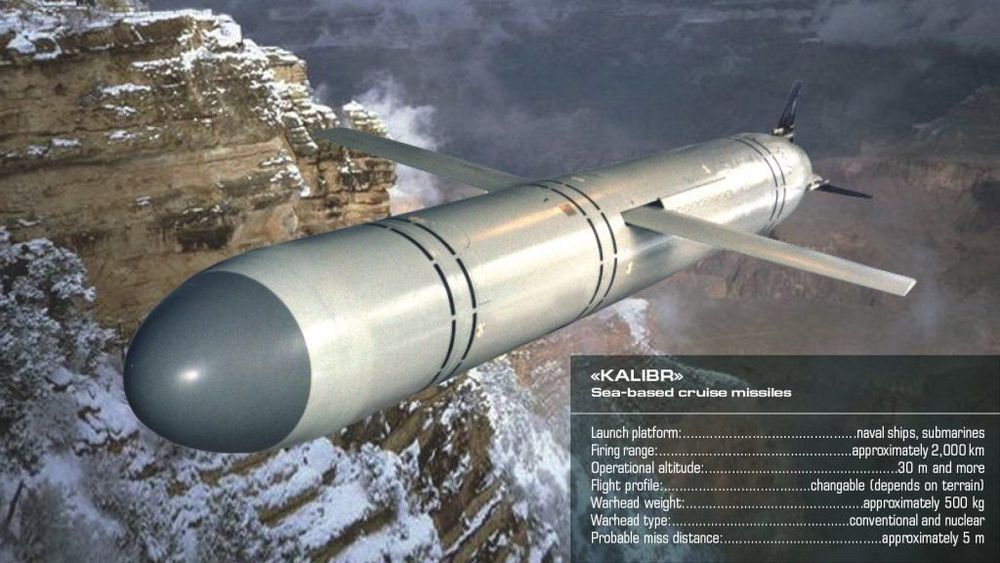“The thing I find rewarding about coding: You’re literally creating something out of nothing. You’re kind of like a wizard.”
When the smiley-faced robot tells two boys to pick out the drawing of an ear from three choices, one of the boys, about 5, touches his nose. “No. Ear,” his teacher says, a note of frustration in her voice. The child picks up the drawing of an ear and hands it to the other boy, who shows it to the robot. “Yes, that is the ear,” the ever-patient robot says. “Good job.” The boys smile as the teacher pats the first boy in congratulations.
The robot is powered by technology created by Movia Robotics, founded by Tim Gifford in 2010 and headquartered in Bristol, Connecticut. Unlike other companies that have made robots intended to work with children with autism spectrum disorder (ASD), such Beatbots, Movia focuses on building and integrating software that can work with a number of humanoid robots, such as the Nao. Movia has robots in three school districts in Connecticut. Through a U.S. Department of Defense contract, they’re being added to 60 schools for the children of military personnel worldwide.
It’s Gifford’s former computer science graduate student, Christian Wanamaker, who programs the robots. Before graduate school at the University of Connecticut, Wanamaker used his computer science degree to program commercial kitchen fryolators. He enjoys a crispy fry as much as anyone, but his work coding for robot-assisted therapy is much more challenging, interesting and rewarding, he says.







